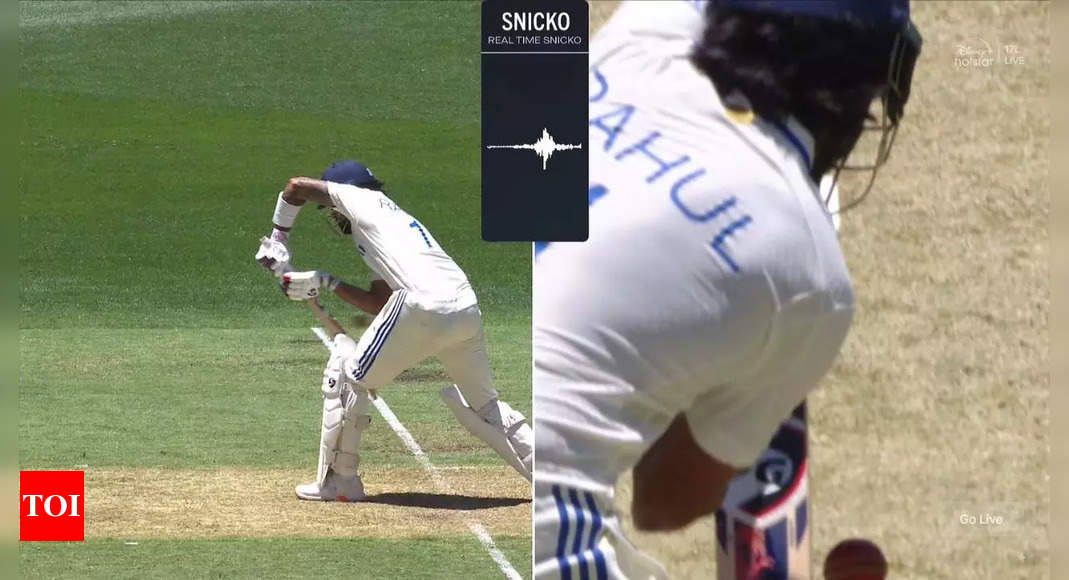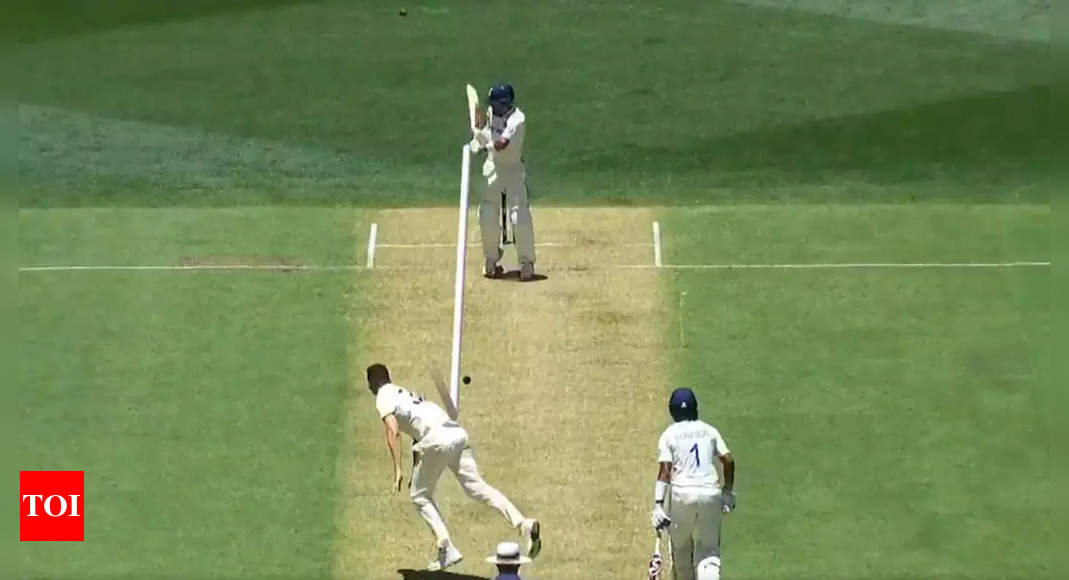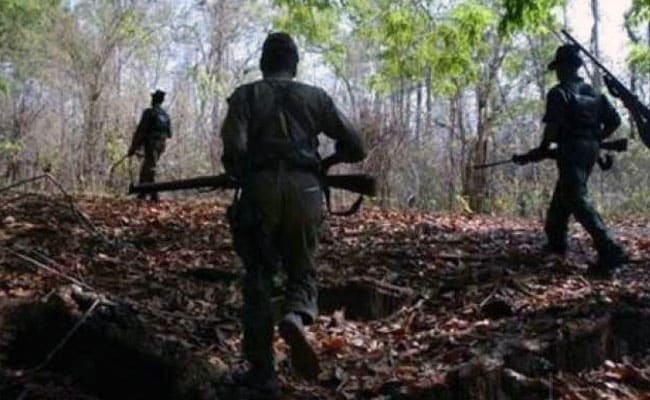
NEW DELHI: Congress leader Rahul Gandhi on Friday called air pollution in North India a “national emergency” and urged Members of Parliament to prioritize the crisis in the upcoming Winter Session as the air quality in Delhi-NCR plunged to alarming levels.
Sharing his concerns on X (formerly Twitter), Rahul highlighted the need for a collective national response.
Gandhi’s statement was accompanied by a video of his discussion with environmentalist Vimlendu Jha at India Gate, pointing out the multi-dimensional impact of the crisis.
“Air pollution is a public health crisis that is stealing our children’s future, suffocating the elderly, and ruining countless lives,” Gandhi said in the post.
He pointed out that the crisis disproportionately affects the poor, exacerbating health disparities and curbing economic opportunities. “The poorest among us suffer the most, unable to escape the toxic air that surrounds them. Families are gasping for clean air, children are falling sick and millions of lives are being cut short. Tourism is declining and our global reputation is crumbling,” the former Congress chief said.
“The cloud of pollution covers hundreds of kilometres. Cleaning it up will need major changes and decisive action — from governments, companies, experts and citizens. We need a collective national response, not political blame games,” he added.
With the Winter Session scheduled from November 25 to December 20, Rahul urged MPs to discuss strategies to combat the crisis. “As Parliament convenes, the irritated eyes and sore throats of MPs themselves will serve as a grim reminder of our shared responsibility to act,” he said.
During the video discussion, environmentalist Vimlendu Jha identified stubble burning and lifestyle choices as key contributors to Delhi-NCR’s air pollution.
Jha pointed out that while stubble burning is an episodic issue lasting around three weeks, long-term incentives for farmers are essential to address this challenge. Additionally, he called for lifestyle changes to tackle perennial pollution sources, such as vehicle emissions and industrial waste.
On Friday, Delhi woke to a thick layer of smog, with the Central Pollution Control Board (CPCB) recording the Air Quality Index (AQI) at 371, indicating ‘very poor’ conditions. Specific hotspots, including Anand Vihar (410), Bawana (411), Mundka (402), and Wazirpur (413), recorded AQI levels in the ‘severe’ category.
The Supreme Court on Friday said that it would review next week whether to relax the stringent restrictions imposed under GRAP-4 (Graded Response Action Plan). Acknowledging the drastic consequences of GRAP-4 measures, the court highlighted the potential adverse effects on various sections of society.







